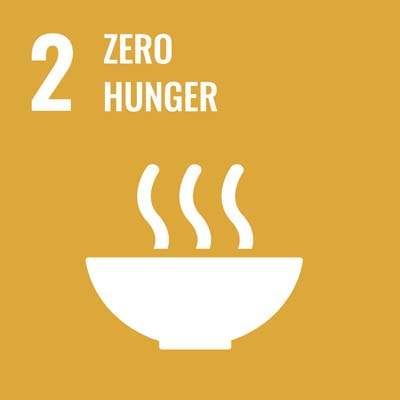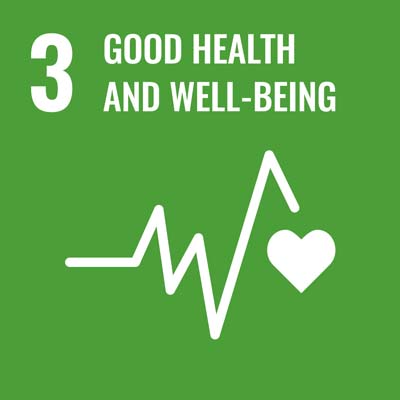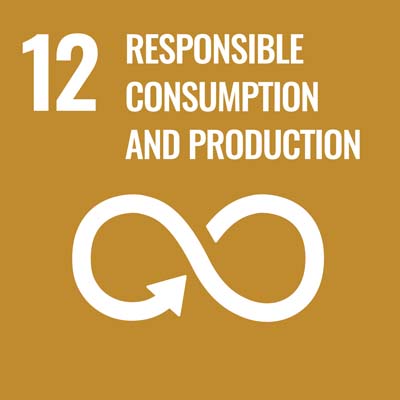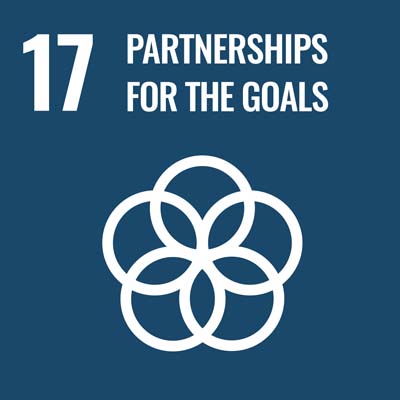- Dates1 February - 31 July 2024
- SponsorCranfield Global Research Fund
- Funded£ 13,206.71
In Ethiopia, a Least Developed Country, with 21.9% of the population currently undernourished, peanuts were found to be highly contaminated with aflatoxins levels exceeding by 3,000-fold the maximum limits (4 µg/kg) established by the UK regulation. Aflatoxins are carcinogenic compounds occurring in peanuts before and after harvest. Food contaminated with aflatoxins represent a serious food safety issue which also hampers the access to international food trading.
Within the NutriNuts project (UKRI Agritech 8, 2019-2023) different aflatoxin-mitigation strategies have been explored along the Ethiopian peanut value chain. One of the main outcomes was the development of a passive solar dryer to improve the drying stage of the peanut production chain.
As part of this project, we aim to reach out to different Ethiopian Universities to develop new aflatoxin-mitigation strategies (from pre-harvest to post-harvest, including upscaling the passive solar dryer) and then to liaise with policy making institutions (e.g. FAO, FCDO) to evaluate their feasibility and define implementation routes among rural communities in Ethiopia.





